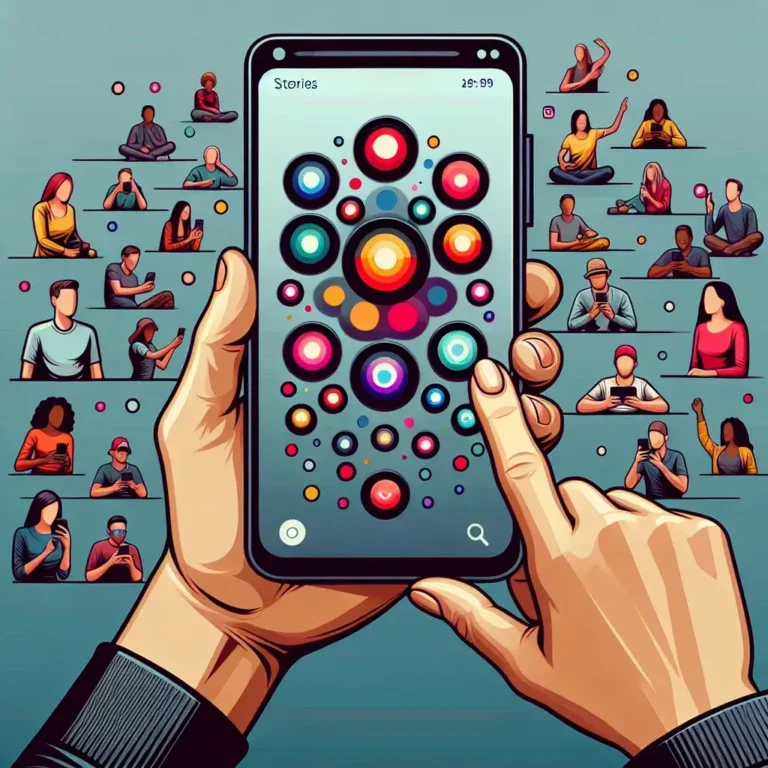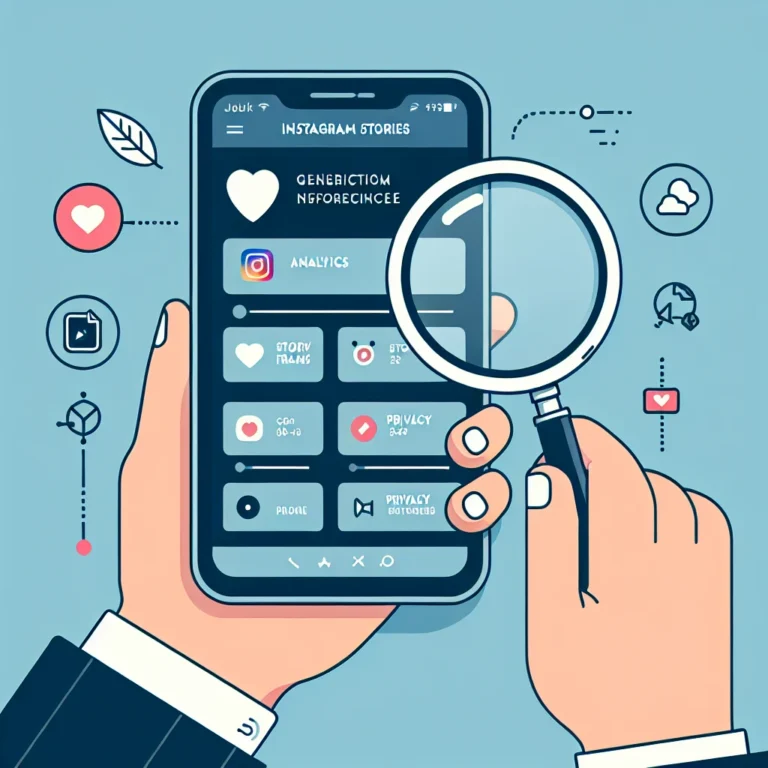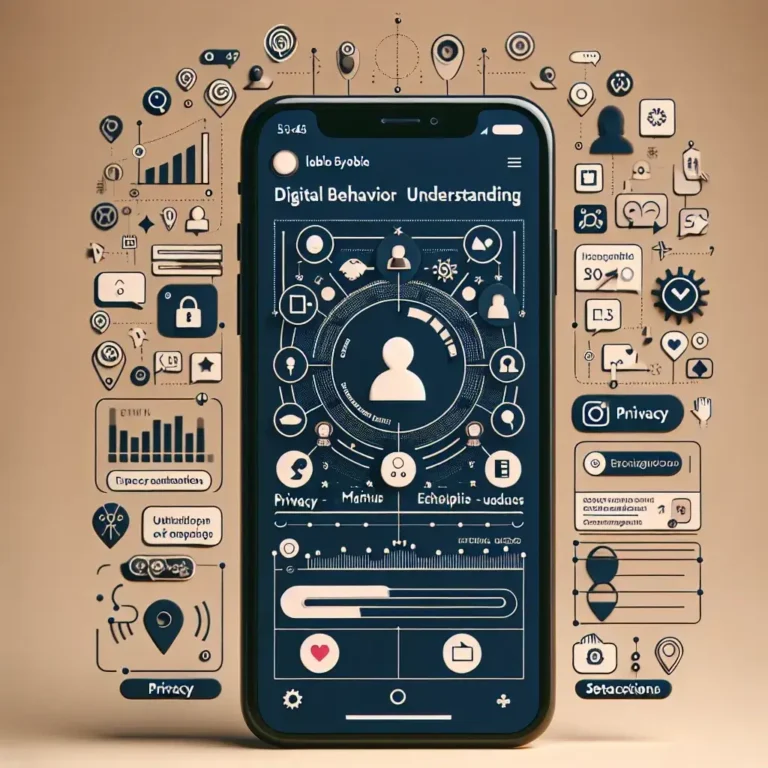Introduction
In an age where personal privacy seems to be eroding under the weight of surveillance technologies, a new player has emerged in the smartphone market, capturing the attention of consumers across the globe. This privacy-focused smartphone has sold out rapidly, reflecting a significant shift in consumer attitudes toward data privacy and security. This article delves into the reasons behind this trend, exploring the features of these devices, the implications for users, and the potential future of privacy-centric technology.
Understanding the Context
The rise of digital surveillance has prompted widespread concern among consumers. With major tech companies tracking online behavior and governments employing various means of monitoring their citizens, privacy has become a hot-button issue. A study by the Pew Research Center revealed that over 80% of Americans feel they have little or no control over the data collected about them. This growing unease has empowered consumers to seek alternatives to traditional smartphones, leading to the emergence of privacy-centric options.
The Evolution of Privacy-focused Smartphones
Historically, smartphones have primarily focused on features, applications, and connectivity. However, the last few years have seen a paradigm shift. Privacy-focused smartphones are designed with the explicit intent of protecting users’ data. Some key developments include:
- Enhanced Encryption: Advanced encryption protocols that safeguard data stored on devices and transmitted over networks.
- Minimal Data Collection: Operating systems that limit data collection to essential functions, reducing the risk of data exposure.
- Transparency: Clear user agreements and privacy policies that empower users to make informed decisions.
Notable Features of Privacy-Centric Devices
Privacy-focused smartphones come equipped with a variety of features aimed at enhancing security:
- Open-source Software: Many privacy phones utilize open-source operating systems, allowing users and developers to inspect and modify the code for vulnerabilities.
- Secure Communication Apps: Built-in communication tools that prioritize end-to-end encryption, ensuring that only intended recipients can access messages.
- Physical Security Measures: Features such as hardware switches to disable cameras and microphones, restoring user control over their devices.
The Market Response
The swift sell-out of these privacy-focused smartphones speaks volumes about current consumer sentiments. Here’s how the market has responded:
1. Increased Demand
The launch of the privacy-focused smartphone saw immediate sell-outs within days, indicating a high demand. This demand is fueled by:
- Growing Awareness: Increased media coverage regarding surveillance, data breaches, and personal privacy violations.
- Community Advocacy: Advocacy groups highlighting the importance of digital privacy, pushing consumers to seek safer alternatives.
2. Competitive Pricing and Accessibility
To attract consumers, many of these privacy-centric smartphones are priced competitively. The accessibility of these devices, coupled with financing options, has broadened their appeal. Consumers are increasingly willing to invest in devices that promise enhanced privacy.
3. Endorsements and Partnerships
Influencers and tech experts have played a significant role in promoting privacy-focused smartphones. By endorsing these devices, they lend credibility and further stimulate consumer interest.
Pros and Cons of Privacy-focused Smartphones
While the advantages of these devices are clear, it is essential to consider both pros and cons:
Pros:
- Enhanced Security: Users enjoy greater control over their personal data, reducing exposure to hacking and surveillance.
- Peace of Mind: With robust privacy features, users can navigate the digital landscape with confidence.
- Community Support: A growing community of privacy advocates supports users in their journey towards greater digital autonomy.
Cons:
- Limited App Ecosystem: Some privacy-focused smartphones may not support popular apps, which can hinder usability.
- Learning Curve: Transitioning to a new operating system may require an adjustment period for users accustomed to mainstream devices.
- Higher Initial Costs: While some models are competitively priced, premium privacy devices can be expensive.
Future Predictions for Privacy-focused Technology
As awareness around digital privacy continues to grow, the future looks promising for privacy-focused smartphones. Industry experts predict:
- Innovative Solutions: Continued research and development will lead to innovative privacy-enhancing technologies.
- Mainstream Adoption: As more consumers prioritize privacy, we may see a shift in the entire smartphone market towards more privacy-centric features.
- Legislative Changes: Increased public demand for privacy may spur legislative action aimed at protecting consumer data.
Real-world Examples and Cultural Relevance
In today’s digital age, the relevance of privacy cannot be overstated. Real-world examples of data breaches, such as the Cambridge Analytica scandal, have highlighted the vulnerabilities inherent in conventional smartphones. This has led to cultural movements advocating for greater transparency and user control over personal data. Privacy-centric smartphones embody this cultural shift, representing a desire for autonomy in an increasingly surveilled world.
Conclusion
The sell-out of the privacy-focused smartphone amid growing surveillance concerns underscores a pivotal moment in consumer technology. As consumers become more aware of the risks associated with data collection, the demand for alternatives that prioritize privacy is likely to increase. The shift towards privacy-centric smartphones signals a significant change in consumer behavior, one that could reshape the landscape of mobile technology in the years to come. As we navigate this evolving market, the importance of prioritizing privacy continues to resonate, empowering individuals to reclaim control over their digital lives.













